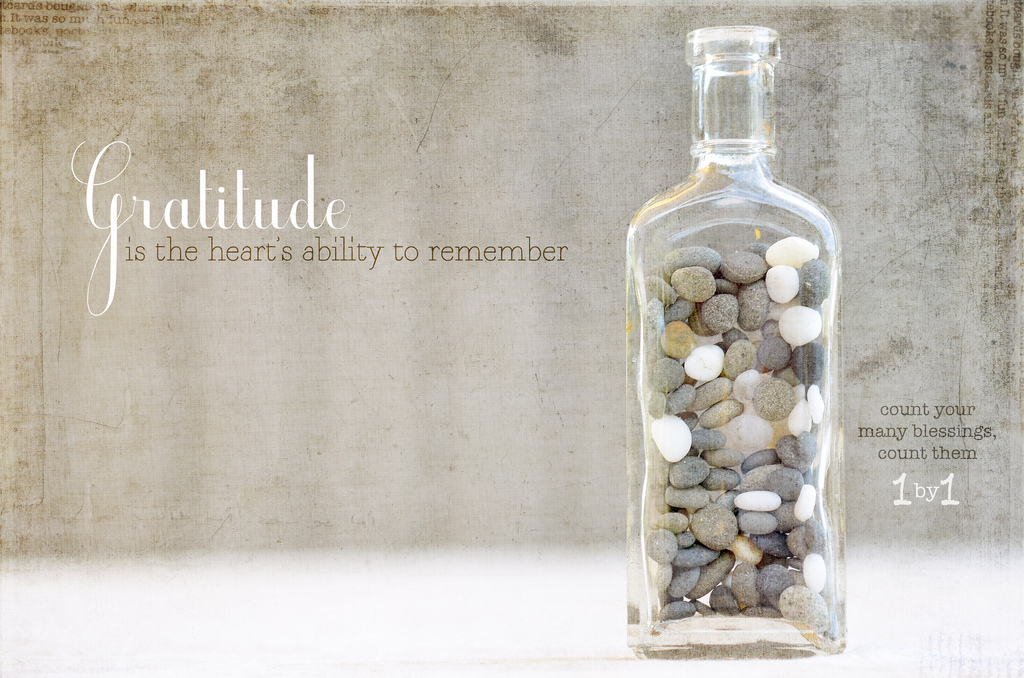We all have voices in our heads. They can sound like parents, partners, teachers, any other influential person in our upbringing. They can also be our own thoughts and beliefs about ourselves and the world. You can hear your narrator if you listen close to your responses to people, events or your own choices.

If you hear “That was stupid!” in an angry, condescending voice when you make a choice. That is your narrator. The should of, could of, ought to and other negative commentary. That is your narrator. A popular narrator is a parent that has strong opinions, we might even use their voice “Nice girls don’t…” or “Nobody likes…” or “You’re disgusting!” or “See, nothing good happens…”.
We usually install this narrator voice unconsciously and over time. As adults, we can be more conscious about what we allow our brains to tell us. We can deny the negative and let in more positive. We can shut down the nagging, whining, berating, hateful voice that hurts and welcome the warm, kind, accepting new relater.

We can CHOOSE our narrator
Replacing or even just renegotiating the narrator takes some conscious work. First, we really need to start listening to how we talk to ourselves. Yes, everyone has a narrator, a voice that tells our story perspective in our head. It has a lot of commentary about what goes on. Listen and pay attention to your thoughts.
TRY FREE WRITING:
- Sit down with some paper and write about something that happened that day
- Write your thought and how you are thinking about it now.
- Review it, try to be objective.
- Look for the negatives. There might a lot or hard to distinguish. “He just hates me.” “I don’t deserve” ” I’m too stupid”.
- You also spot life views “everyone is mean to me” “work is dumb” “I hate this!”
- Look for alternative to those negatives to replace.
Choosing the positives replacements is harder than it sounds. You have to change your perspective. Look at things differently. Do they “hate” you or perhaps just distracted, upset, or hurt? Are you really dumb/stupid or just need some help or do a little research to understand something? One incident does not equal global reality. Find a new way to say those things to yourself. Catch your negatives and practice replacing.

Change the voice to someone kind, patient and integrative with your personality. It’s important to find a voice that coincides with who you are; similar to you, accepting, loving and understanding, like a best friend!
Your narrator can sound like your hero, someone you look up, a personal “cheerleader.” That is who you need in your head. You can relate your new narrator to someone who had your back, supported you and loved you. It could be the same parent who is judgmental, just choose those good things and leave out the bad. Just like a “bad apple” those negatives do not have to ruin the whole batch.
Choosing your narrator takes time and conscious effort. Give yourself the space and time to do the work. The narrator was not formed in a week, but years and with layers. It takes a while to catch your negatives and automatically replace them, until they stop showing up altogether.
 I saw this great article on Buzzfeed, which is an opinion post, where the author listed things she wishes she knew about therapy before she started. She wanted others to know how the reality of it is, or her reality. I thought it was great to see insight from the couch, as I call it. Therapy can be scary and intimidating. I hear frequently from clients they are not sure “how it is supposed to work.” This list is helpful in that regard.
I saw this great article on Buzzfeed, which is an opinion post, where the author listed things she wishes she knew about therapy before she started. She wanted others to know how the reality of it is, or her reality. I thought it was great to see insight from the couch, as I call it. Therapy can be scary and intimidating. I hear frequently from clients they are not sure “how it is supposed to work.” This list is helpful in that regard.

 GRATITUDE
GRATITUDE


 TRY THIS
TRY THIS I, like many others who work in the therapeutic world, liken life to a journey. The “experience” of life can teach you many things and take you many places. You have opportunities to make major decisions which would change your path. One particular analogy I work with is what happens while strolling on your particular path in life.
I, like many others who work in the therapeutic world, liken life to a journey. The “experience” of life can teach you many things and take you many places. You have opportunities to make major decisions which would change your path. One particular analogy I work with is what happens while strolling on your particular path in life.


 of the moment, people, places, smells, times of day. Those “shaking of chains” are those sneaky fears, troubles, anxiety, depression, panic. Those inexplicable moments of irrational thought. Trauma can impact your sleep, your appetite, your belief about yourself, relationships and your life. It can hit you big or small. Do not under estimate the impact of trauma. Like the excerpt stated, you can rebuild your life and yourself, but those ghosts hang about.
of the moment, people, places, smells, times of day. Those “shaking of chains” are those sneaky fears, troubles, anxiety, depression, panic. Those inexplicable moments of irrational thought. Trauma can impact your sleep, your appetite, your belief about yourself, relationships and your life. It can hit you big or small. Do not under estimate the impact of trauma. Like the excerpt stated, you can rebuild your life and yourself, but those ghosts hang about.
 The important and urgent items would need to be first. Those with specific dead lines (work, kids to school, bills, meals). Many things are important with no specific dead line (exercise, grocery shopping, cleaning, family time). Start with those important things. You need to focus on your self first. If you find that there are several items still on the list, not under important, what should you do with them? Get rid of them, move them to a later day/date when you have more time, delegate to someone else?
The important and urgent items would need to be first. Those with specific dead lines (work, kids to school, bills, meals). Many things are important with no specific dead line (exercise, grocery shopping, cleaning, family time). Start with those important things. You need to focus on your self first. If you find that there are several items still on the list, not under important, what should you do with them? Get rid of them, move them to a later day/date when you have more time, delegate to someone else?